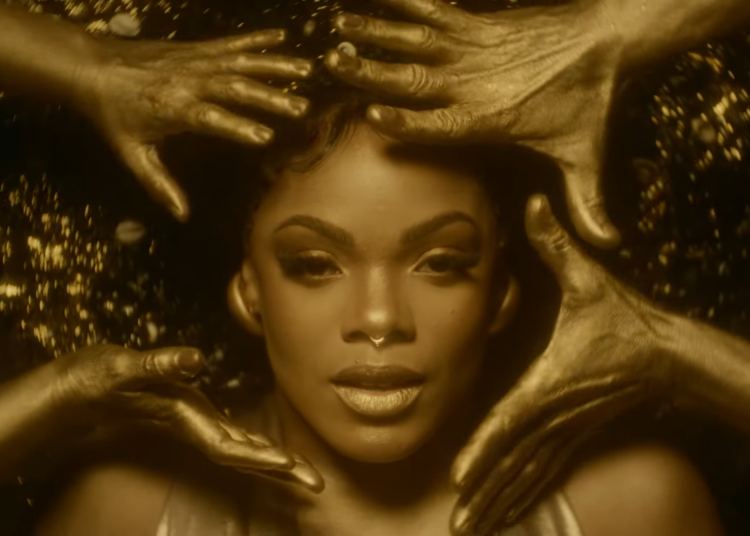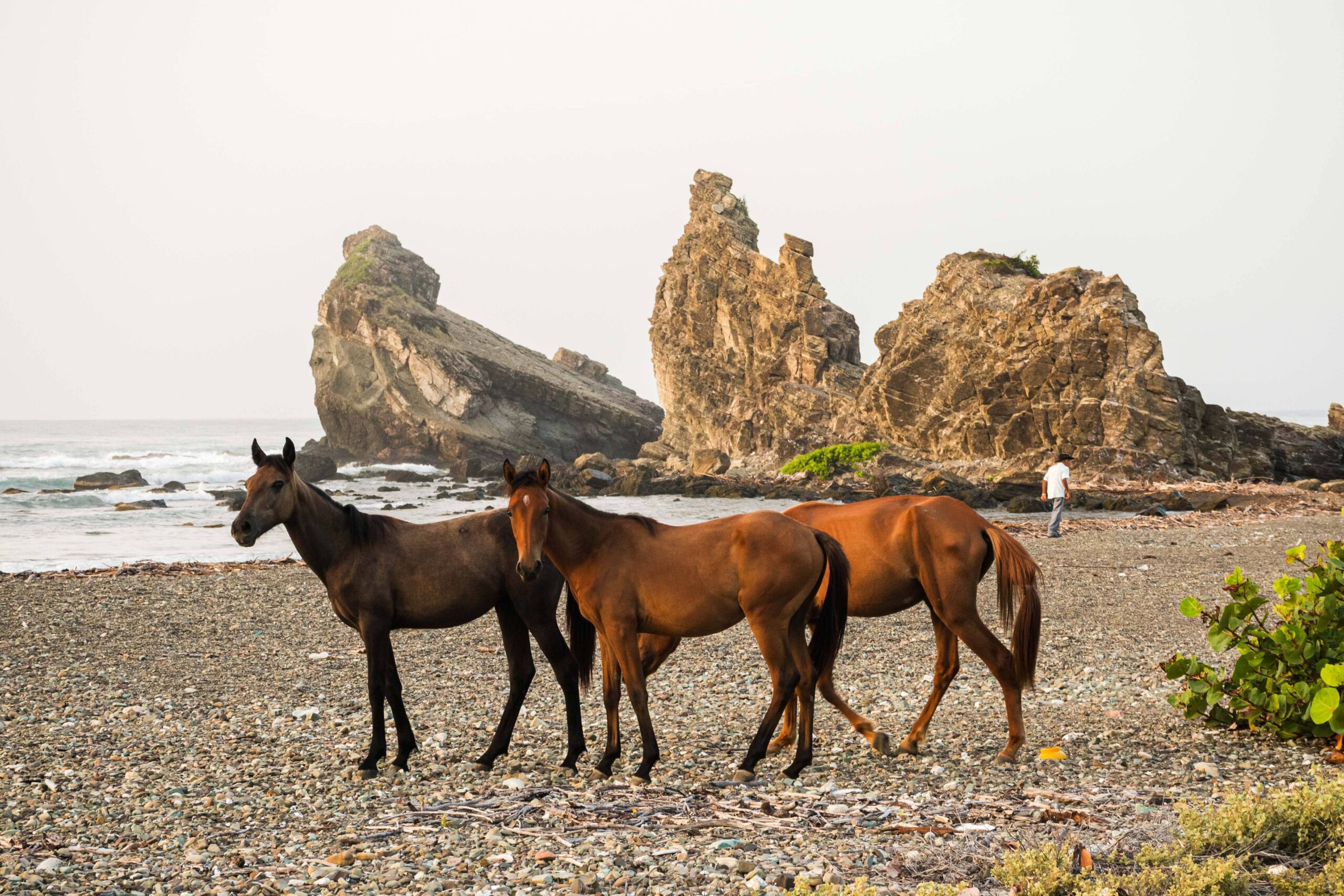“Brenda Navarrete is a woman who defends her Afro-descendant roots, one of our cultural pillars,” is how the young artist defines herself, in an interview with OnCuba on the occasion of the release of her video clip “Iyalodde.”
She affirms that her musical work goes from the roots to the most modern and, although her most public facet is related to the Afro, she has also participated in projects with other genres.
“I don’t feel pigeonholed. I love my music, my roots, folklore, the drum, but at the same time I rap, I sing salsa, love songs, ballads, reggae,” she said.
However, the music inherited from Africa has a greater influence in Brenda’s life because of what it represents for the artist, who not only sings it for its aesthetic beauty, but also because of the awareness of safeguarding the legacy of her ancestors.
“I’m working on a trilogy, which is connected to the orishas, but trying to show a meaning. So that it is understood that sometimes one refers to an orisha with a prayer, but it doesn’t necessarily have to be associated with that, but with situations in life.”
Along with musical creation, Navarrete accompanies this eminently pedagogical purpose of educating about African cultural roots with videos on social networks and face-to-face classes that explain the historical, social, religious and cultural framework behind the chants.
Singing to the orishas
The first video clip of the trilogy is “Iyalodde,” released a few days ago on digital platforms and which had its live presentation on Thursday, July 25 at Fábrica de Arte.
“Iyalodde means hierarchy. It means a woman with a high political, social, or economic rank. The video is dedicated to Oshún, a feminine, maternal, sensual, strong deity. I tried to find a more fashionable aesthetic. To take it out of the ordinary,” she explains.
The lyrics of the song are not only a song to divinity, but a portrait of how the artist perceives herself. “For me, my power is in what I am as a woman, in what I transmit when I play my drum, which is a strong instrument; in what I transmit with my appearance, with my voice and with my energy. And that is Iyalodde,” she said.
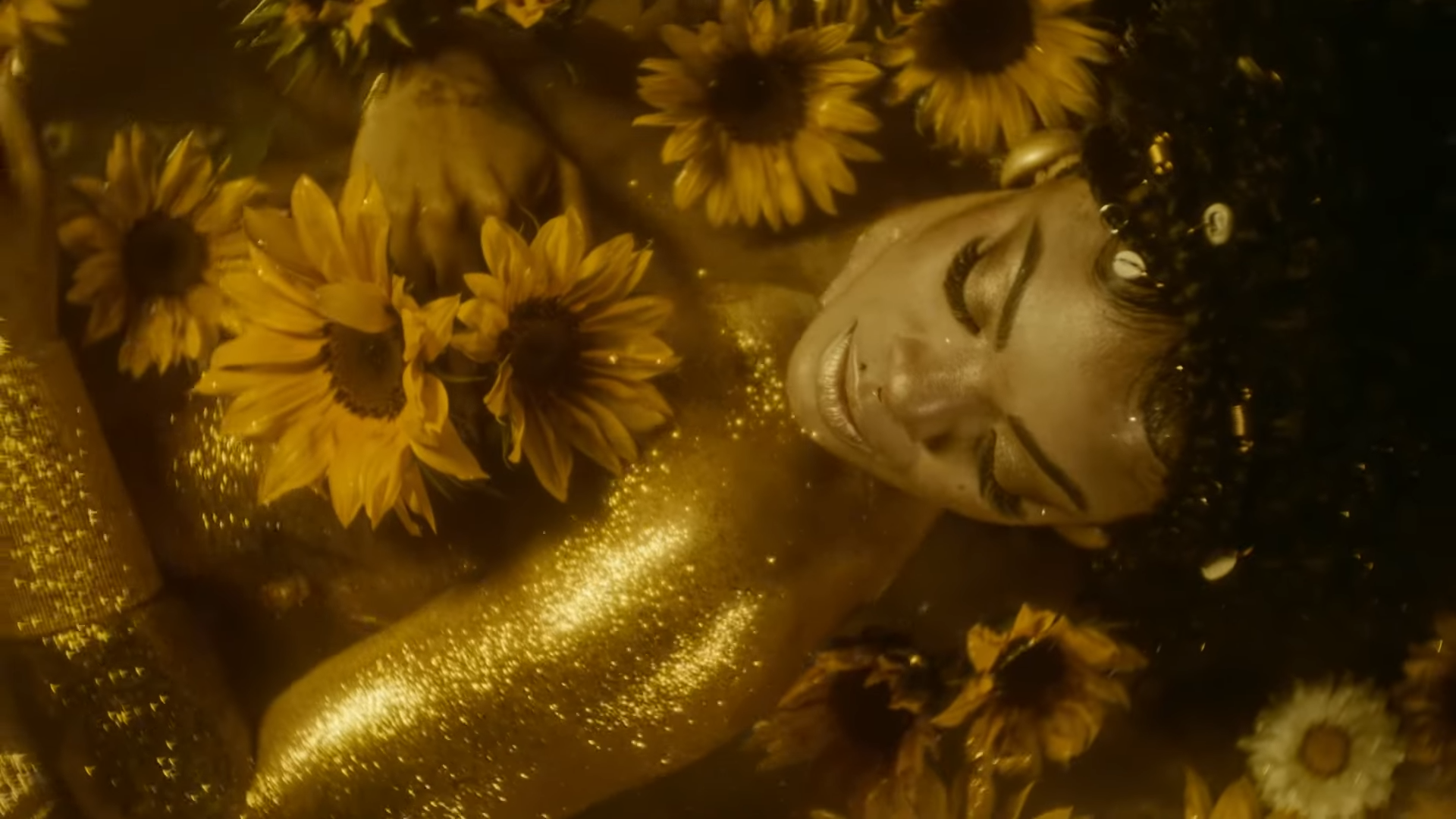
The next videos will be dedicated to Elegguá and Obbatalá. “The first is my guardian angel. He has been the deity with whom I have connected since I was a child. He is and will always be in my songs and in my compositions. And Obbatalá is the orisha of tranquility and peace. She always transmits that feeling to me in my moments of despair,” she said.
Afro and Cuban prevail
As a defender of Afro-Cuban music, Brenda believes that the study of cultural roots needs to be encouraged; however, she believes that rhythm prevails, even in the urban genre or the one known as reparto.
“I have been left speechless by different urban artists. Maybe it doesn’t come from them, maybe it comes from the producer who creates the music for them, but it’s there. For example, Wampi, Ja Rulay, Tiger. There is the drum, the clave, some terms in the language,” she explains.
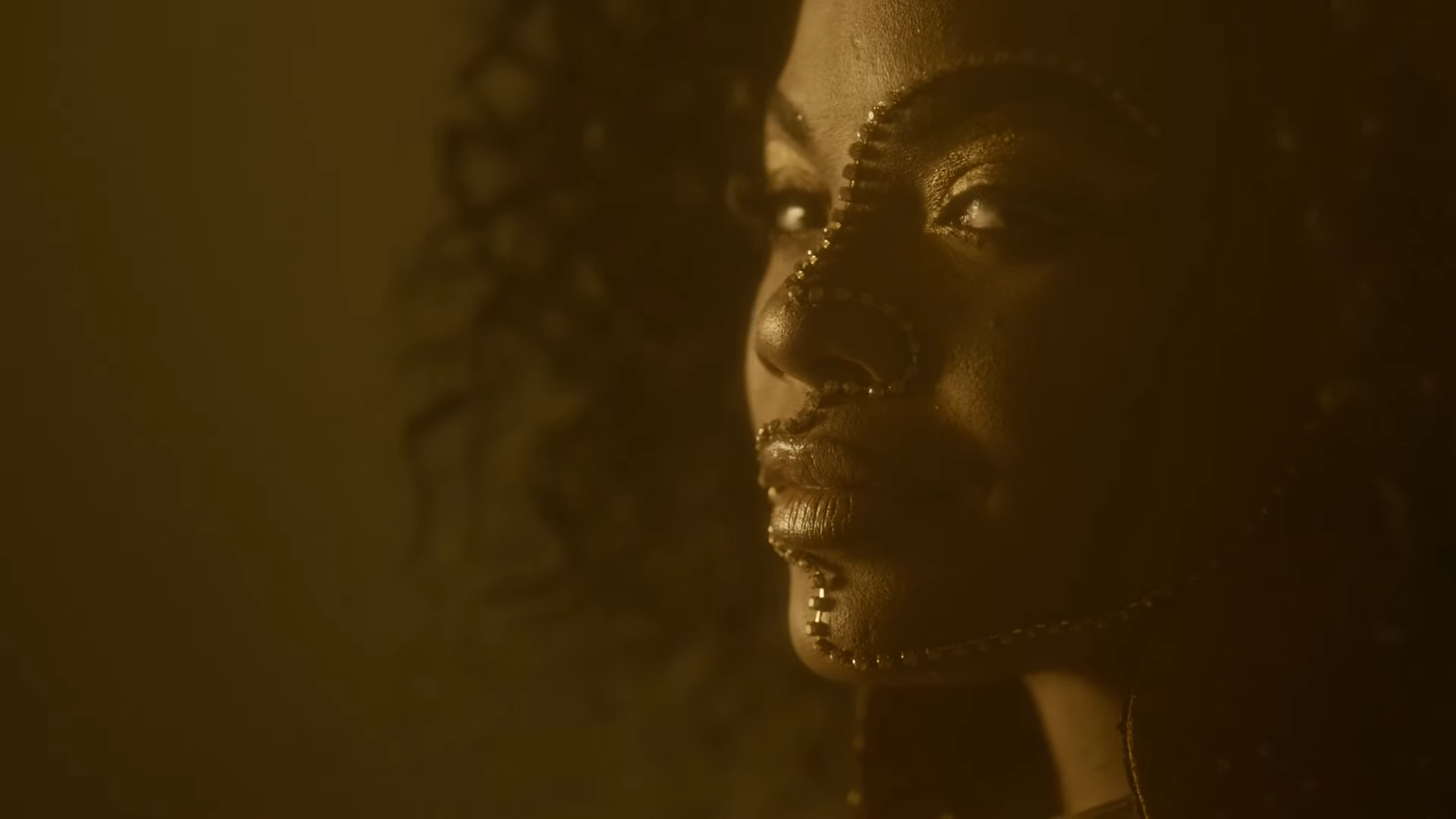
“That’s what I like about modern Cuban music. At least it has this rhythmic cell that comes from Africa. I feel that it is part of the evolution of Cuban music. Even though many people don’t like it, it is happening. That their way of speaking is explicit, yes. But I stick with the musical part,” she confesses.
Brenda responded to the alarmist criteria that with the appearance and rise of this genre, Cuban music as we know it could disappear.
“Depending on what the new generations say, it is their musical or artistic manifestation. Everything comes accordingly,” she pointed out.
Good vibes
In recent years, Brenda Navarrete has visited several countries around the world. Together with her band, she recently went to South Korea, Colombia, Portugal, Spain. In all the performances there is a tribute to her faith, her ancestors, her culture. Without distinction between the different languages of her interlocutors.
“I say that what I feel, you’re going to feel in some way. I don’t know if it is a gift or something that the universe gave me. Almost always when I appear on stage, the first thing I do is connect with the audience. It is an imperative need to be able to flow. In the foreground, there is the energy,” she said.
“It is an energy that I trust, that seems to have come with me. If I sing for an orisha or another song, there is a good part of the audience that I’m going to connect with in some way. They like something.”
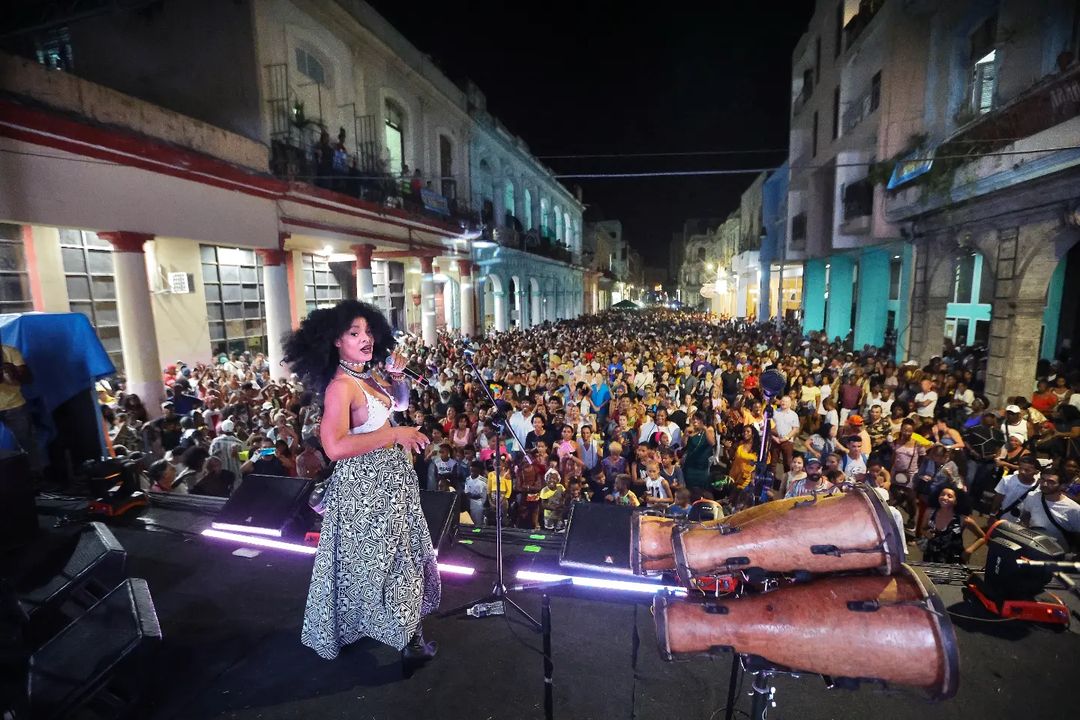
The mystique behind this is indecipherable. The truth is that, singing Afro-Cuban music, Brenda has even performed at the Royal Albert Hall in London (2019), in the United Kingdom, or at the opening of the Formula 1 Grand Prix Miami (2022) in the United States.
“I’m very happy. Seeing Brenda as a child, from the Manuel Saumell school, who wanted to study percussion, and now that I play my drums, I have my videos and many people around the world know me, I say that I am very grateful,” she said.
“I can’t talk to you about the future. But I want the whole world to know what I defend, which is the roots of Africa and Cuba enhanced, mixed, with jazz, with funk, with pop, with reparto, with rumba. Also with Afro-Peruvian, Afro-Mexican, Afro-Colombian, Afro-Argentine music.”

